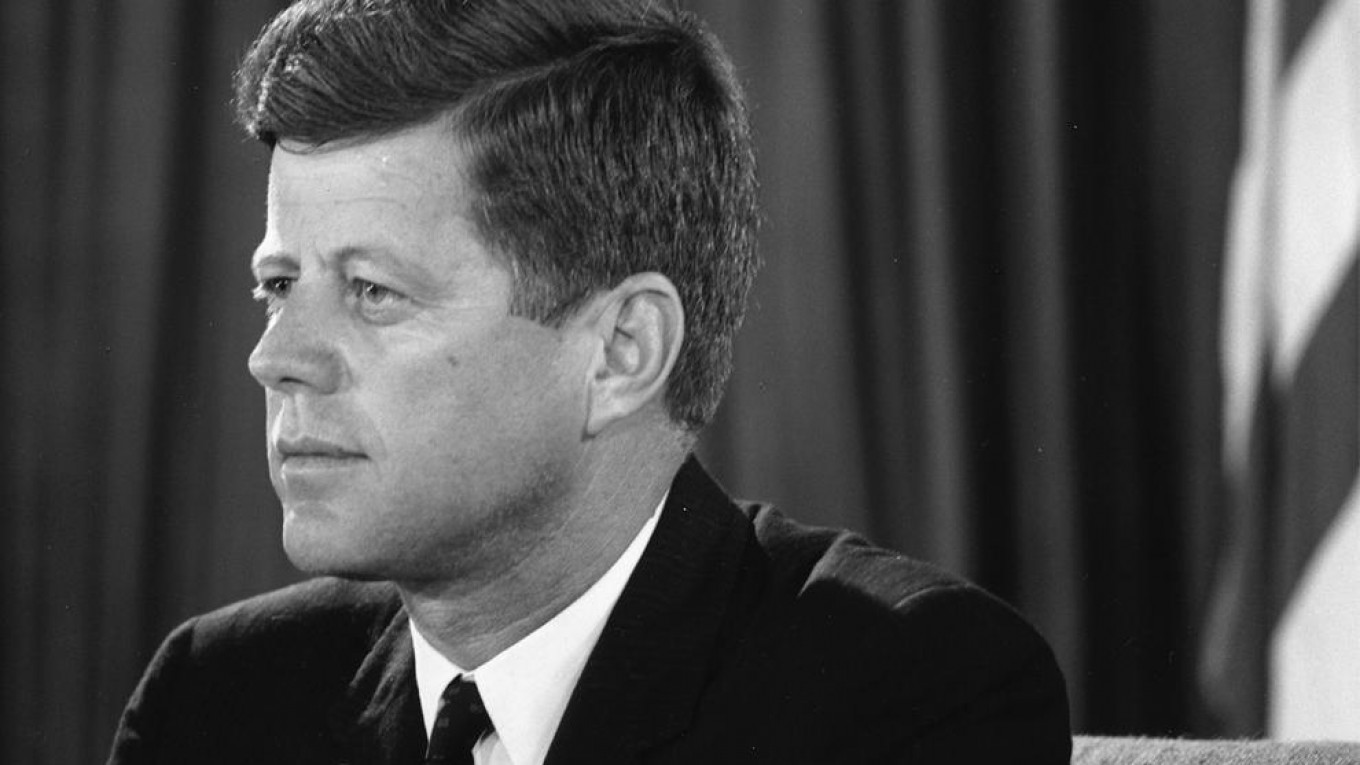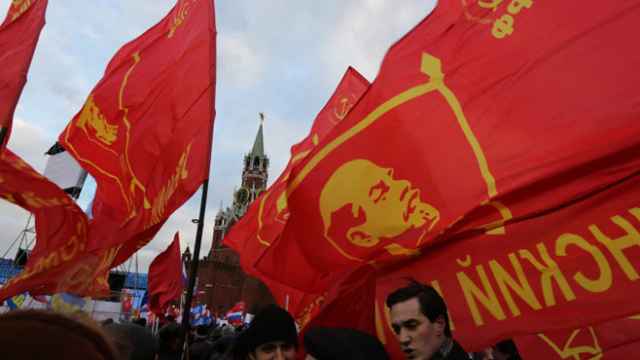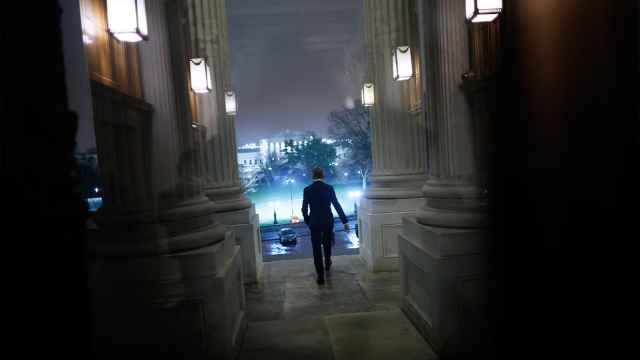The U.S. National Archives has released a set of previously withheld documents on the assassination of President John F. Kennedy, in which the main highlights are audio interviews with a former KGB officer, the agency announced this week.
The newly released 3,810 materials were previously withheld in accordance with the JFK Assassination Records Collection Act of 1992.
The declassified documents include 17 audio files of interviews with Yuri Nosenko, a KGB officer who defected to the U.S. in January 1964. The interviews were conducted in January, February and July 1964.
Lee Harvey Oswald, who was charged with Kennedy’s murder, defected to the Soviet Union and lived in the country from 1959 until 1962. According to Nosenko, he was in charge of the KGB’s file on Oswald during his time spent there.
The files are the first batch of documents to be released, and they will be available online and later as original paper records.
The JFK Assassination Records Collection consists of approximately five million pages of records.
A Message from The Moscow Times:
Dear readers,
We are facing unprecedented challenges. Russia's Prosecutor General's Office has designated The Moscow Times as an "undesirable" organization, criminalizing our work and putting our staff at risk of prosecution. This follows our earlier unjust labeling as a "foreign agent."
These actions are direct attempts to silence independent journalism in Russia. The authorities claim our work "discredits the decisions of the Russian leadership." We see things differently: we strive to provide accurate, unbiased reporting on Russia.
We, the journalists of The Moscow Times, refuse to be silenced. But to continue our work, we need your help.
Your support, no matter how small, makes a world of difference. If you can, please support us monthly starting from just $2. It's quick to set up, and every contribution makes a significant impact.
By supporting The Moscow Times, you're defending open, independent journalism in the face of repression. Thank you for standing with us.
Remind me later.






